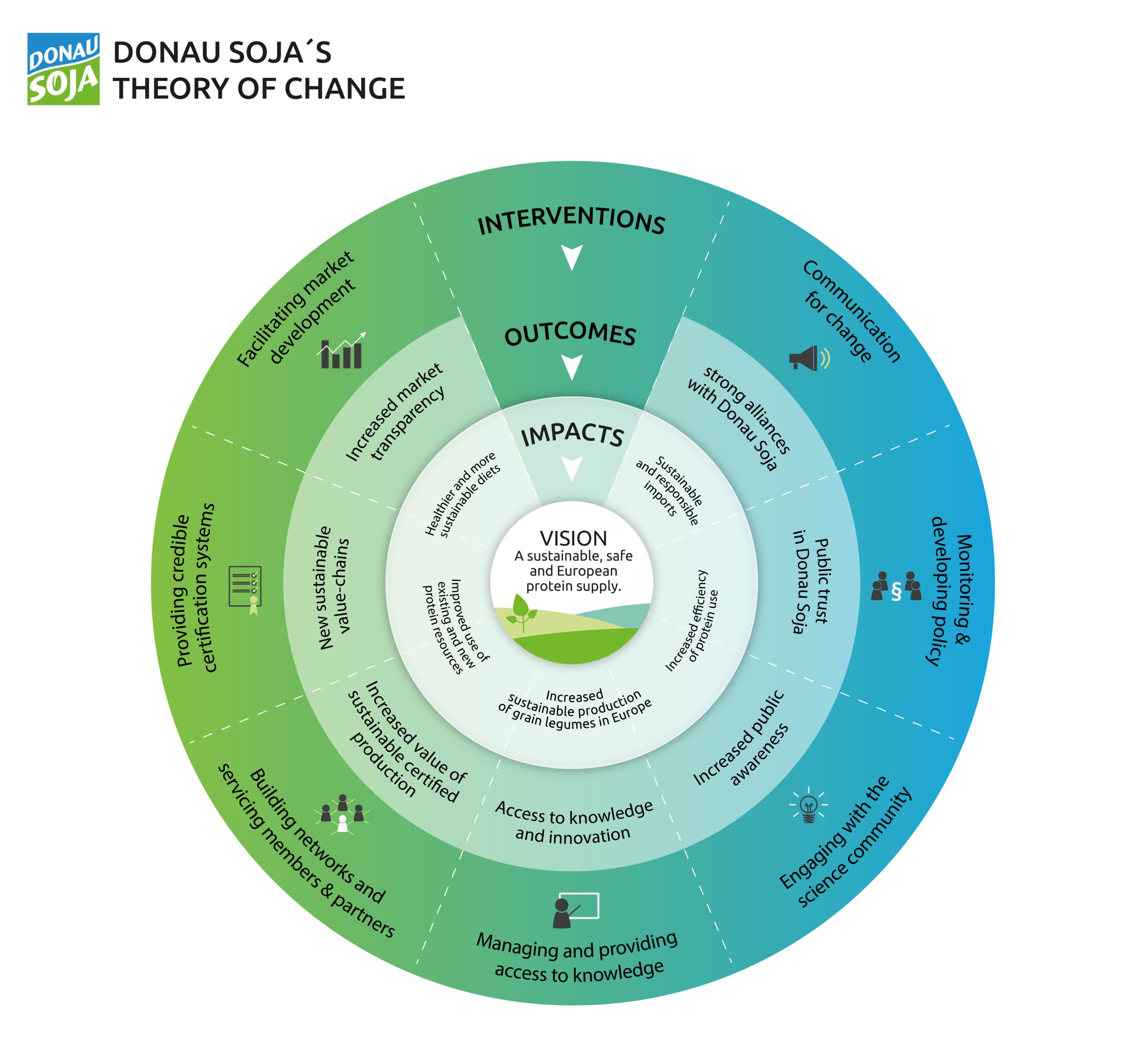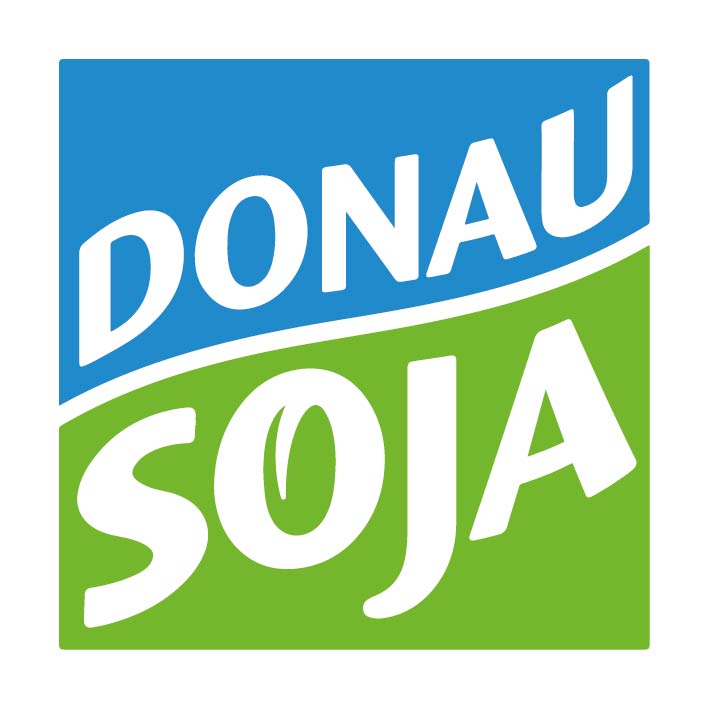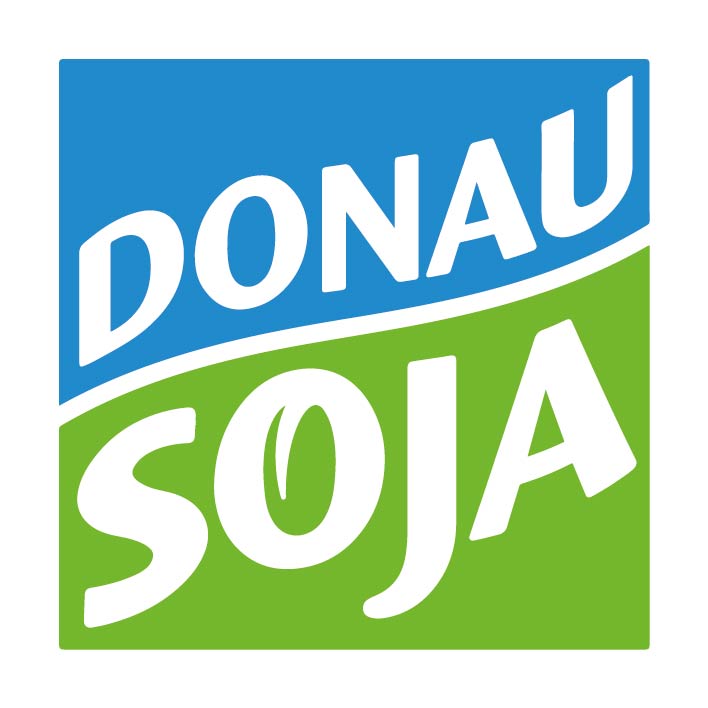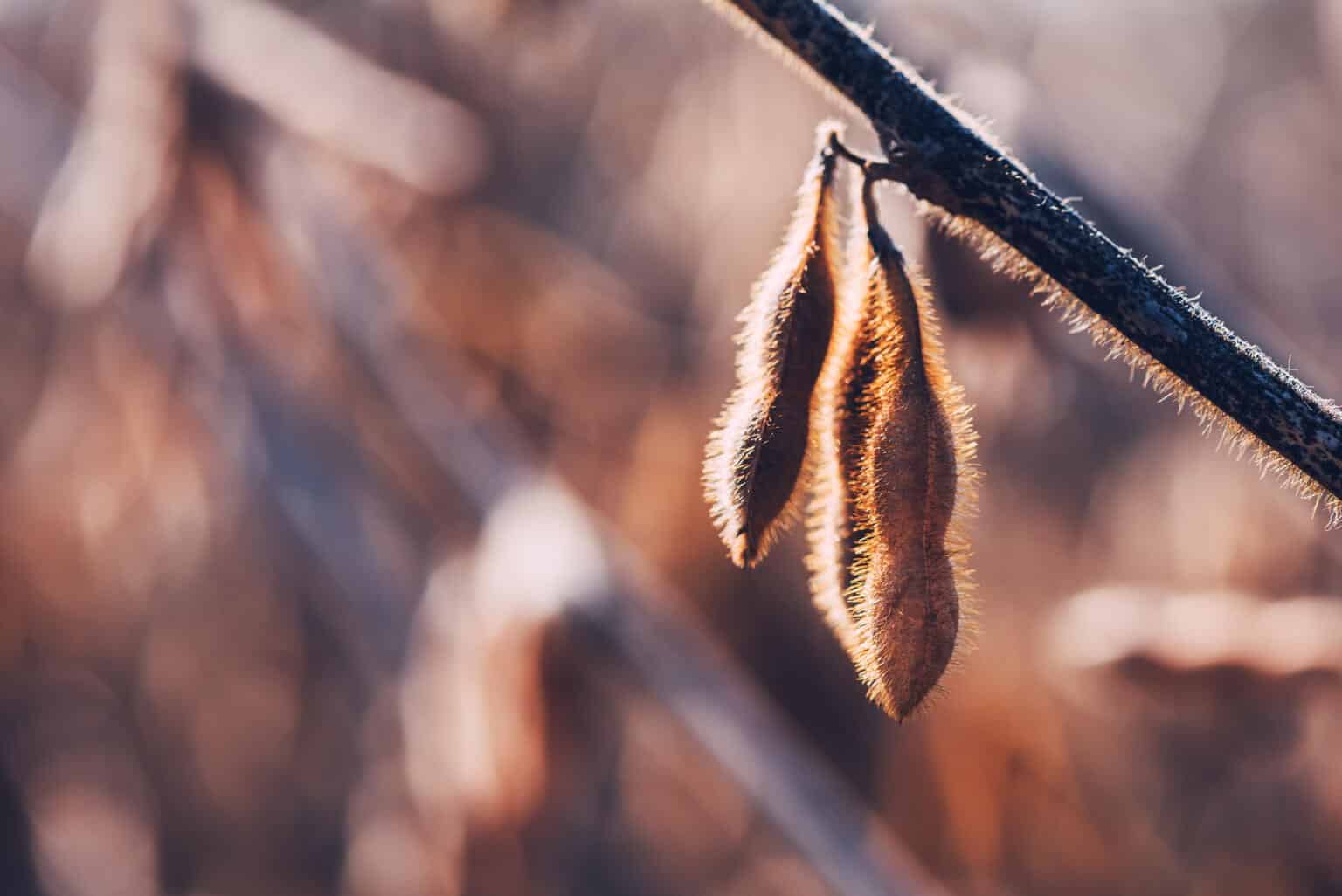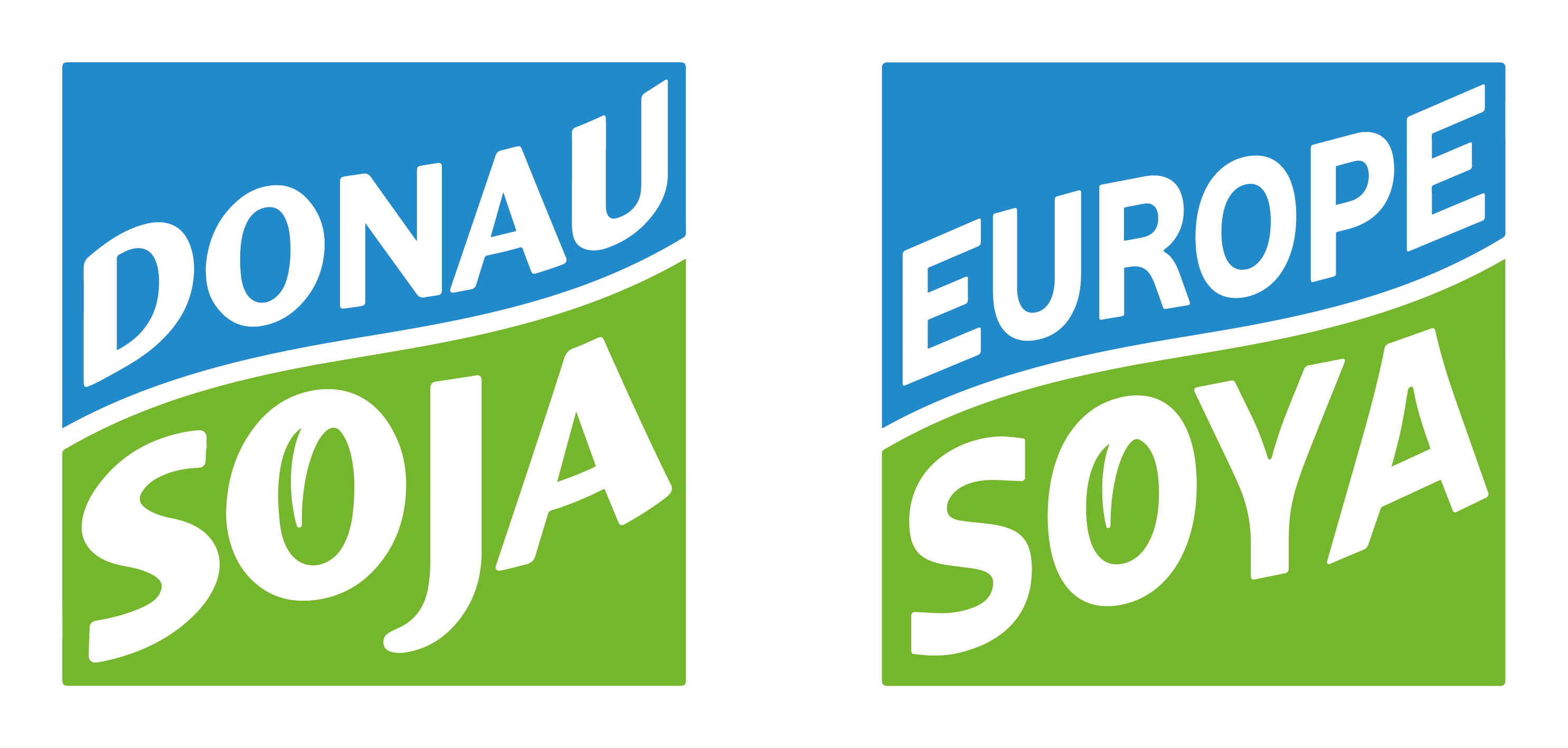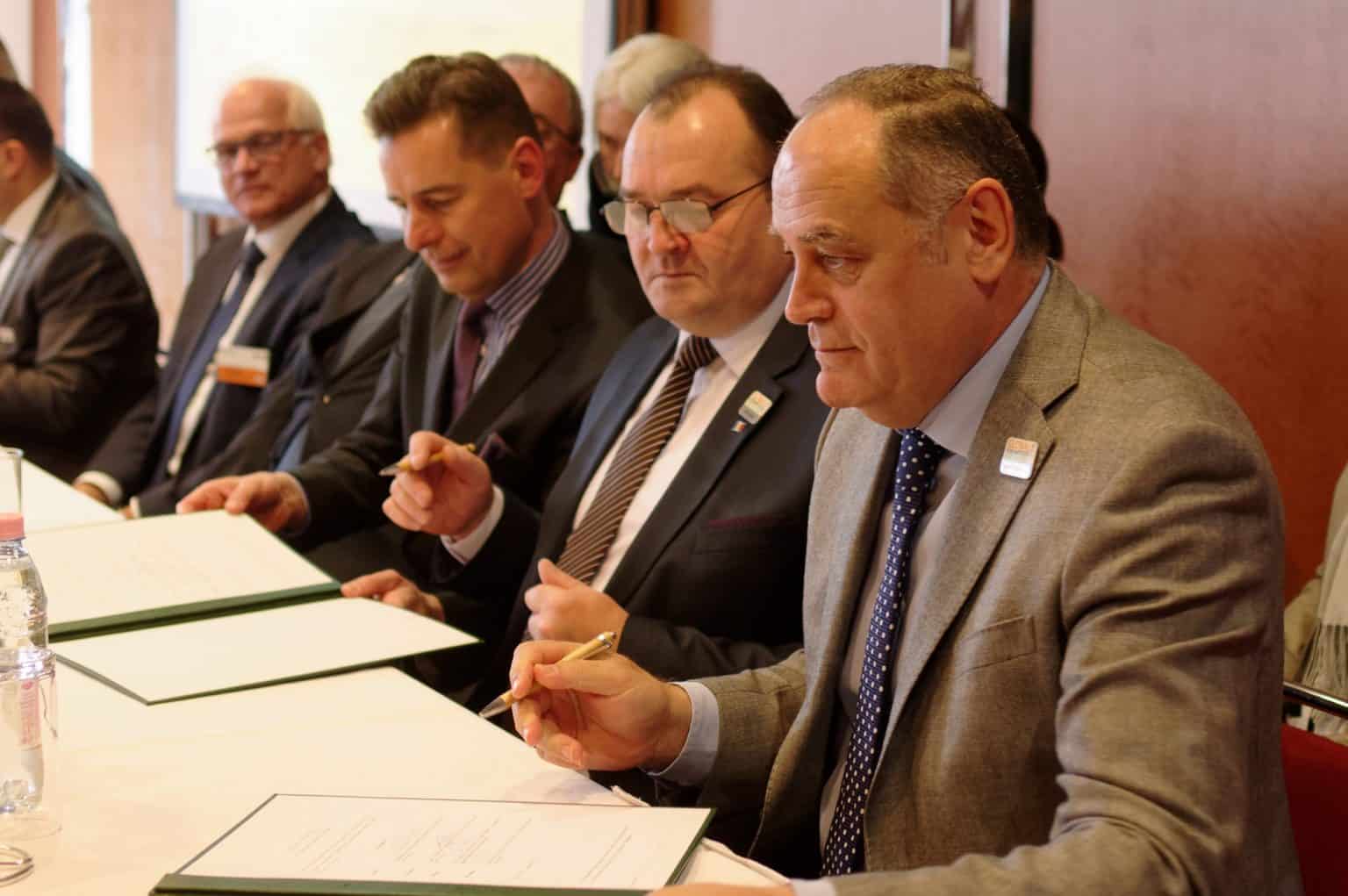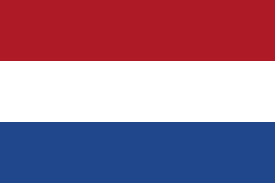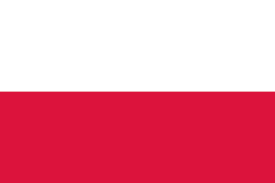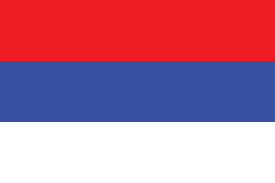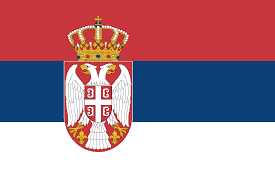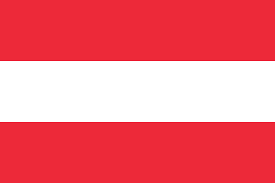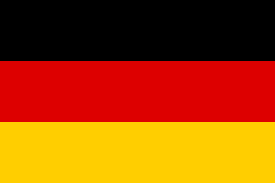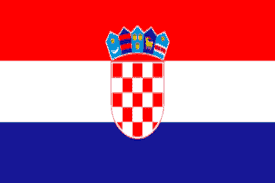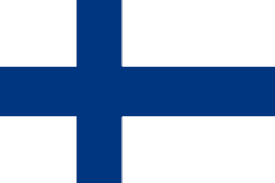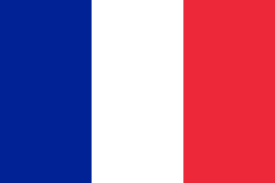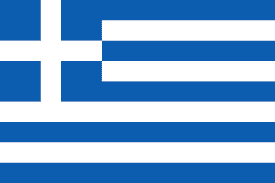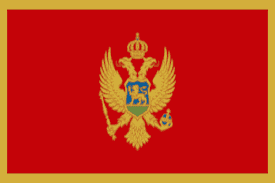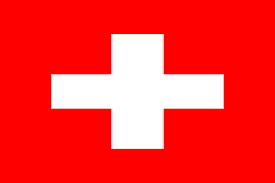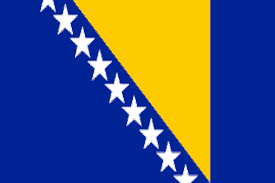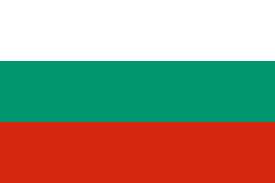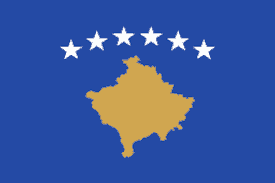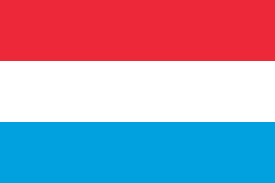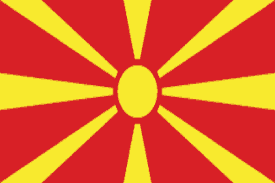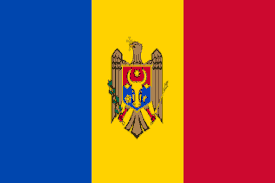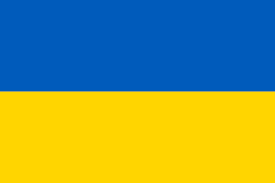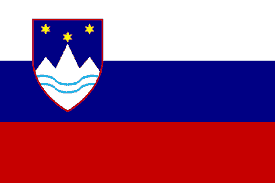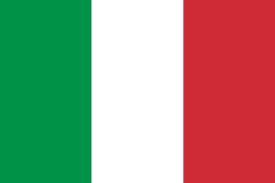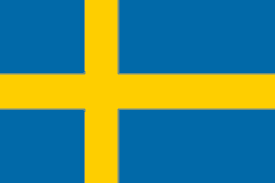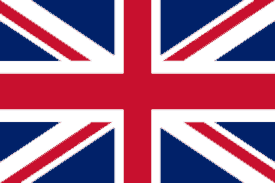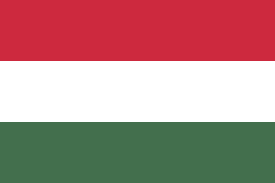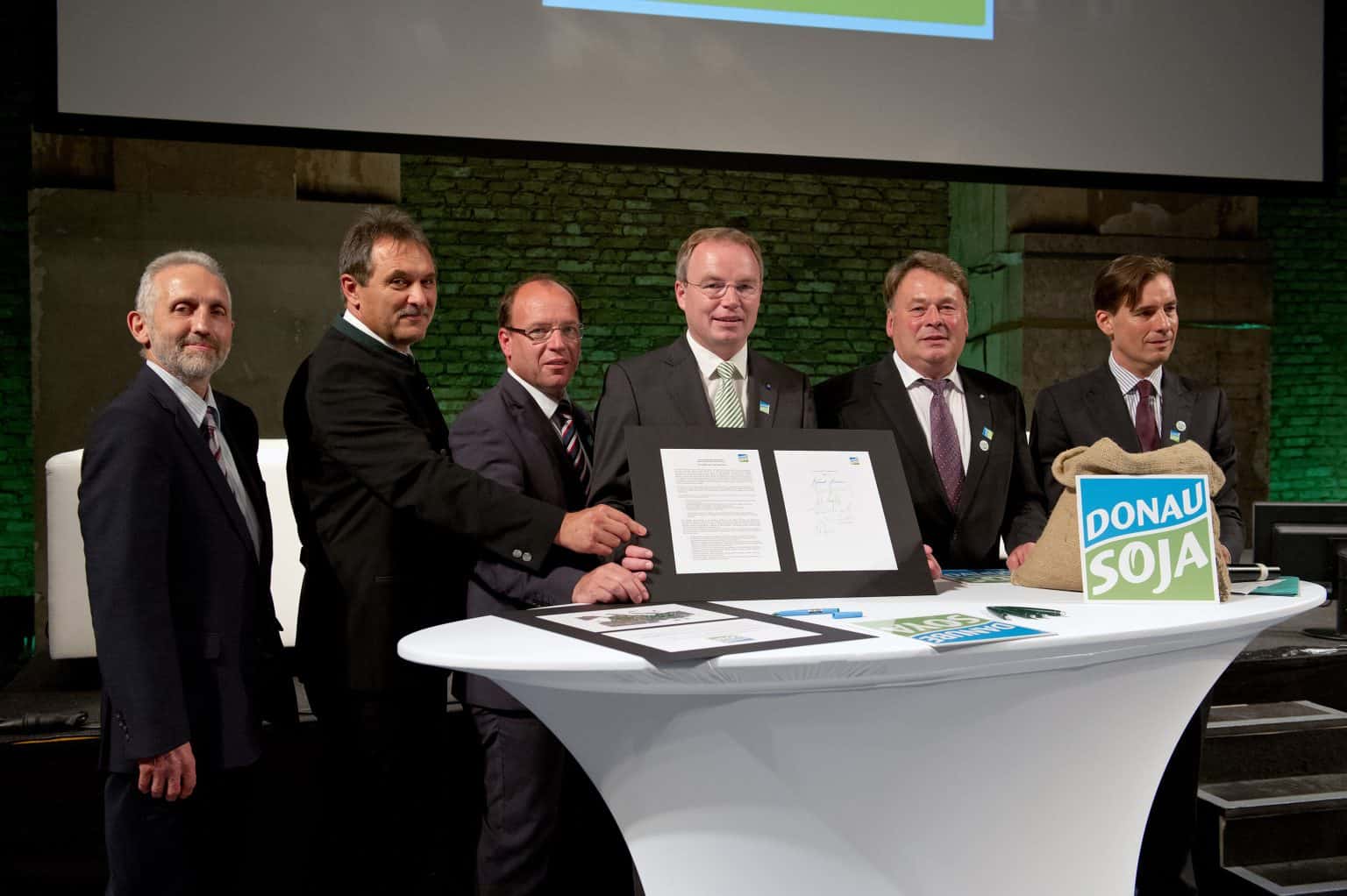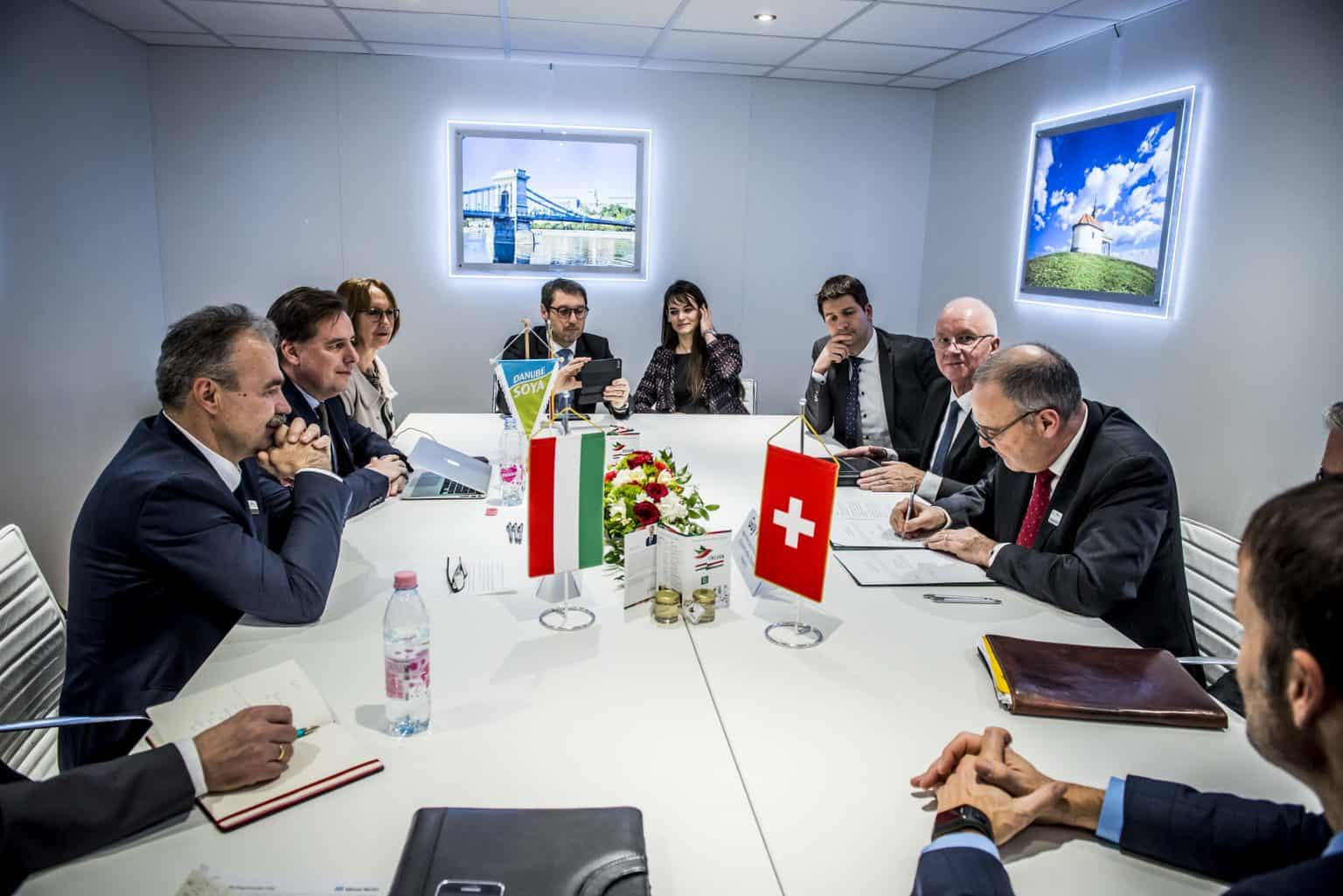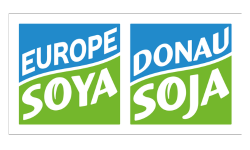The Donau Soja Organisation
Donau Soja is a European, multi-stakeholder, not-for profit membership organisation supporting the European Protein Transition with a particular emphasis on sustainable European Non-GM soya production.
It is based in Vienna, with regional offices in Serbia, Ukraine and Moldova. More than 330 members in 33 countries, 866 certified partners and 24 European governments have joined forces with a common vision.
Our Vision
Protein Strategy
The overall goal of Donau Soja is a sustainable, safe and European protein supply
The development of soya production in Europe is part of a wider change in how we produce and use protein. The far-reaching consequences of protein production and use are now the subject of public debate.
Building on the Europe Soya Declaration, Donau Soja has developed the Donau Soja Protein Strategy as a means of contributing to the public debate on behalf of all its members. The strategy builds on a holistic and science-based understanding of the role of protein in the sustainable development of agri-food systems.
The Donau Soja Science Advisory Board was consulted on the first draft before it was considered by the Donau Soja Board. The Board then issued a revised draft which was sent to all the members who were invited to comment.
All the comments were considered during the finalisation of the document, and the strategy was unanimously passed by the General Assembly of Donau Soja in April 2018.
The strategy is therefore a powerful statement from the agri-food sector, as represented by Donau Soja, about their commitment to support profound change.
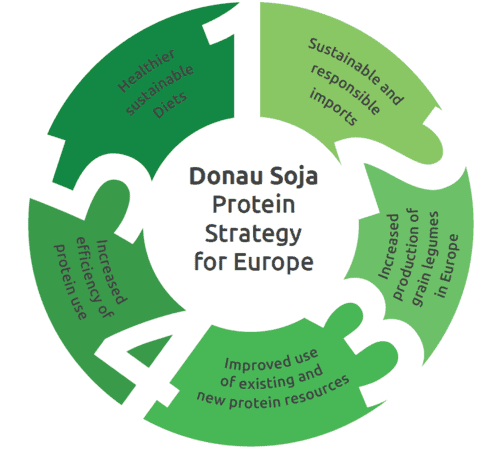
THE EUROPEAN PROTEIN CHALLENGE
Due to the nature of the climate and soil, many farmers in Europe are remarkably good at growing cereal crops such as wheat, barley and maize. This supports the production of large volumes of carbohydrate-rich grains which are mostly fed to livestock.
The European Union’s productive agricultural system relies on two major inputs: around 11 million tonnes of synthetic nitrogen fertiliser for crops, and high-protein meal, made from around 36 million tonnes of soybeans, as a protein supplement used to feed animals. The increase in European demand for plant protein over the last 60 years is largely due to the increased production and consumption of meat and dairy products.
After China, the European Union is now the second largest importer of soya from South America. While the European Union’s agricultural system as a whole is 71% self-sufficient in tradable plant protein, 86% of the plant protein which is imported to meet the 29% deficit is soya.
This protein deficit is a fundamental challenge to the resilience, acceptance and performance of our agri-food systems. This is Europe’s Protein Challenge.
Addressing the protein challenge
A holistic approach is needed to address the Protein Challenge and deliver the Protein Transition. The system change this requires can be viewed as a set of five pillars:
Display none
Your content goes here. Edit or remove this text inline or in the module Content settings. You can also style every aspect of this content in the module Design settings and even apply custom CSS to this text in the module Advanced settings.
Sustainable and responsible imports
The Protein Challenge is global. Although is vital that Europe leads this system change, we need China at our side. Even with a significant agricultural shift, Europe is still likely to need to import plant protein from traditional exporting regions. However, we must switch to importing certified products from regions and systems which are thoroughly validated according to stringent environmental and social standards. We must also collaborate closely with China to ensure a global shift towards more sustainable protein production. It is our current farming and food systems which have the greatest impact on the nitrogen cycle. The production and consumption of protein are major drivers of greenhouse gas emissions. Nitrate and ammonia pollution in the air and water, paired with a loss of natural habitats and biodiversity, can only be addressed by a global shift to more sustainable protein production, achieved by meeting responsible production and trade standards. It is here that Europe and China can work together to drive global change.
Increased production of grain legumes in Europe
We forfeit many agronomic benefits and environmental advantages because of low levels of legume planting. Increasing grain legume production in Europe will bring a wide range of advantages and reduce the protein deficit. In Europe in particular, grain legumes will increase crop diversity and support pollinating insects. Nitrogen fertiliser is unnecessary as legumes absorb nitrogen from the air. They counter the build-up of disease, pests and weeds in cereal-based crop rotations by being biologically very different to cereals. Overall, a general lack of crop diversity is associated with stagnation in crop yields and higher costs, as our primary crops succumb to more weeds, pests and diseases. European farmers can respond to the increased demand for plant protein produced in Europe to high environmental and social standards, and simultaneously meet the growing demand for non-GMO products and regional/local value chains. The industry can collectively set standards for all protein sources and signal support for sustainable production. The greatest potential for improving cropping systems using grain legumes lies in Central and Eastern Europe. As a result, transatlantic trade would be partly replaced by east-to-west sourcing within Europe, helping to reduce social and economic disparities within the EU, and encourage regional development in what are currently deprived rural areas. In western Europe there is also potential to increase grain legume production without displacing cereal and oilseed production, due to the yield benefits of crop rotations.
Improved use of existing and new protein resources
Plants are by far the most important primary source of protein. While co-products such as rapeseed meal, sunflower seed meal and distillers’ dried grains are already used by the feed industry, there remain opportunities for better use of agri-food residues in livestock feeding. Additionally, in many areas of Europe our grassland-based production systems could make better use of grass and high-protein grassland species such as clover (a legume) to reduce soya use. Forage crops such as alfalfa are also protein sources. There are also potential opportunities for protein production in fields such as algae culture.
Increased efficiency of protein use
Better matching of livestock diets to livestock protein requirements saves protein and reduces pollution by reducing the excretion of nitrogen compounds. This can make a significant contribution to farmers’ compliance with nutrient balance-based fertiliser management systems. Protein is usually an expensive component of feeds, hence more precise feeding can also reduce production costs.
Healthier and more sustainable diets
The scope of the European Protein Challenge is largely determined by the quantity of livestock products which are consumed and produced. Human diets which rely more on plant-based protein, especially pulses and soya, are healthier and more sustainable compared to the typical diet of EU consumers today. A large proportion of the population consumes more meat and dairy products than recommended for a healthy diet. This has far-reaching consequences because it requires a large livestock sector. Most of the nitrogen in the plant protein consumed by these livestock is excreted and is the primary cause of agricultural pollution of the air and water. The environmental impact is particularly significant where livestock production is regionally concentrated. Reducing the consumption of animal products to a reasonable level, with a corresponding reduction in livestock production, would improve the performance of our agri-food system in terms of human health, the environment and land use.
Find more information from the European Plant-Based Foods Association, ENSA here
OUR AIMS
Sustainable European Soya
We support the cultivation of sustainable soya in Europe according to European Union farm regulations and Donau Soja standards
Value Chains for Plant Protein
We are working with our members and partners to support value chain developments for European plant proteins.
Research and Innovation
We take part in research and innovation activities which support the development of European soya production
The development and implementation of the Donau Soja and Europe Soya standards is fundamental to the work of the Donau Soja Organisation. They are the foundations upon which sustainable, regional, non-GM soya production for European-based value chains is based.
give consumers the certainty that products have been produced using non-GM soya grown sustainably in Europe
open the door to European businesses to become pioneers in providing regional, non-GMO animal feed, and serving the regional value chain
make a vital contribution to integrating the Danube region, providing economic incentives and opportunities for Danube countries (Donau Soja)
make an essential contribution to a non-GMO European protein supply
allow businesses to meet demand for sustainably-manufactured food and feed, giving them a clear competitive advantage
The move towards more sustainable and healthy diets Organic farming
Organic farming
Standardised guidelines for non-GMO production in Europe
The establishment of standardised plant protection regulations for the Danube region
The establishment of a best practice roadmap for sustainable soya bean cultivation
THE DONAU SOJA MILESTONES
-
2023
1 m tonnes of certified Donau Soja / Europe Soya
World Soybean Research Conference (WSRC) in Vienna
Adapting our DS/ES standards to EUDR
Non-GMO Summit in Frankfurt
Donau Soja SDG Report published
ADA Evaluation Report completed
Legume Generation consortium2023
-
Expansion
Legume Hub launch
10 years anniversary
More than 300 members
Representation in Romania
Protein Partnerships in Moldova
Aid projects in Ukraine and Moldova2022
-
Growth
Protein Partnerships in Ukraine
Market development in Western Europe
Nordic aquaculture campaign
Revision of Donau Soja/Europe Soya Standard
Restructuring the organisation
Fields of Europe GmbH2021
-
Growth
Fields of Europe Standard
New monthly Market Report
Carbon footprint analyses2020
-
Growth
286 members from 25 countries
Team of 35 people across Europe
866 certified partners
Start of Protein Partnership Programme2019
-
Release
Release of Donau Soja Protein strategy
Start of Moldova office2018
-
ADA III
Europe Soya soybeans appear on the market
Start of Ukraine Office
Start of Austrian Development Agency Strategic Partnership Project2017
-
Growth
Start of
– Release of Best Practice Manual
– Establishment of Europe Soya standard
– The first Europe Soya certified company2016
-
Growth
Start of
– Donau Soja GmbH
– Novi Sad Office
– Bucharest Office
– Cooperation with Austrian Development Agency2015
-
ADA / GIZ
Start of the joint “Promotion of GMO-free quality soya from the Danube region” project with GIZ
2014
-
Establishment
Establishment of the Donau Soja standard
Donau Soja soybeans first appear on the market
The first Donau Soja certified company2013
-
Foundation
Founded by 20 members from Austria and Germany
1 employee in AT2012
Donau Soja’S Theory of Change
Our Theory of Change is a comprehensive idea, description and illustration of the change that Donau Soja wishes to see in the world and our understanding of how we will contribute to that change. It provides the basis to measure the results of our work and progress towards our goals.
The following picture shows an overview of our efforts:
